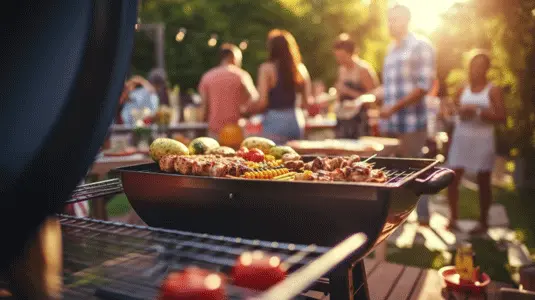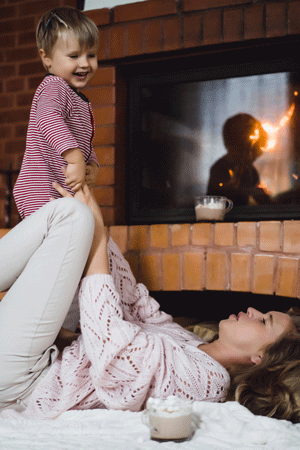Why Gas Safety for Families Matters
Gas is efficient and reliable – but when used improperly, it can become deadly. Families are especially vulnerable: children, the elderly, or anyone asleep indoors may not realise a leak or poisoning is happening.

Over time, South Africa has sadly seen real-life tragedies involving gas leaks or carbon monoxide poisoning. These are not theoretical – they are lessons we must learn from.
Case Study 1: Kareedow Guesthouse, 2020
One of the most cited incidents in South African media is the Kareedouw guesthouse tragedy. In 2020, an engaged couple – Jean Vosloo (25) and Mari Hoon (28) – died while staying at Klip Huis Guesthouse after inhaling carbon monoxide from a gas leak (likely from a geyser or improper gas installation) (Algoa FM).
Legal Outcome:
- In January 2025, Kevin Pretorius (47) – the guesthouse owner – was convicted by magistrate Vusiwe Mnyani of double murder for his role in their deaths (Algoa FM).
- The court found that Pretorius had been made aware of gas leaks previously but failed to remedy them, essentially "gambling with the lives" of his guests (Algoa FM).
- Sentencing has been repeatedly postponed as of late 2025. (The Herald).
- He remains out on bail pending sentencing and possible appeal. (Algoa FM).
This tragedy shows how non-compliance, lack of proper venting (no flue for the geyser), and ignoring safety reports can lead to fatal consequences.
Case Study 2: Suzuki Camp / Clarens Tragedy (29 September 2023)
During a Suzuki Jimny / off-road gathering at a campsite in Clarens, Free State, Carl Koen (52) and Sharon de Villiers (50) from Gauteng were found dead inside their tent.
A gas cooker with a teapot still on it was discovered nearby, and rescuers reported a strong gas smell in the tent. Police confirmed the likely cause of death was carbon monoxide poisoning. (News 24).
Legal Outcome:
- Police opened an inquest; no foul play suspected.
- No prosecutions were reported – deaths ruled accidental.
- Authorities again cautioned against. Using any open-flame gas appliance inside enclosed tents or rooms. (News 24)
This tragedy shows that even portable camping gas units – when used without ventilation – can become silent killers.

What These Stories Teach Us
Gas safety is not about fear – it is about awareness and prevention. Both tragedies could have been prevented with a few key steps:
- Use SAQCC-registered installers only:
- Only qualified installers may legally issue a Certificate of Compliance (CoC).
- Unregistered work = unsafe and uninsured.
- Check for proper ventilation (flues)
- Gas geysers and heaters must vent outdoors – never into bathrooms or tents.
- Never use gas appliances in enclosed spaces
- Camping stoves and braai burners give off carbon monoxide, which is invisible and odourless.
- Renew your CoC regularly
- A CoC is valid for five years or until modifications are made.
- Install CO detectors and teach your family
- Simple detectors can save lives.
- Make sure everyone knows how to shut off cylinders in emergencies.
Gas Mart Vaal – Your Partner in Family Safety
At Gas Mart Vaal, our mission is to educate and protect. We ensure every installation meets SANS 10087-1 standards and comes with a valid CoC. We try to keep our community informed and inspired by sharing safety information in blogs and posts.
Because every family deserves peace of mind – and every flame should burn safely.

Your family's safety starts with one simple step – a certified gas inspection. Don't wait for a scare to care!
References:
- Couple found dead in tent at Jimny gathering in Free State – News 24, 29 September 2023
- Sentencing of guest house owner after gas poisoning postponed – The Herald, 18 September 2025
- Sentencing postponed in Kareedouw guesthouse tragedy – Algoa FM, Jan 2025.
- SAQCC Gas and LPGSA – Compliance Guidelines (lpgas.co.za)